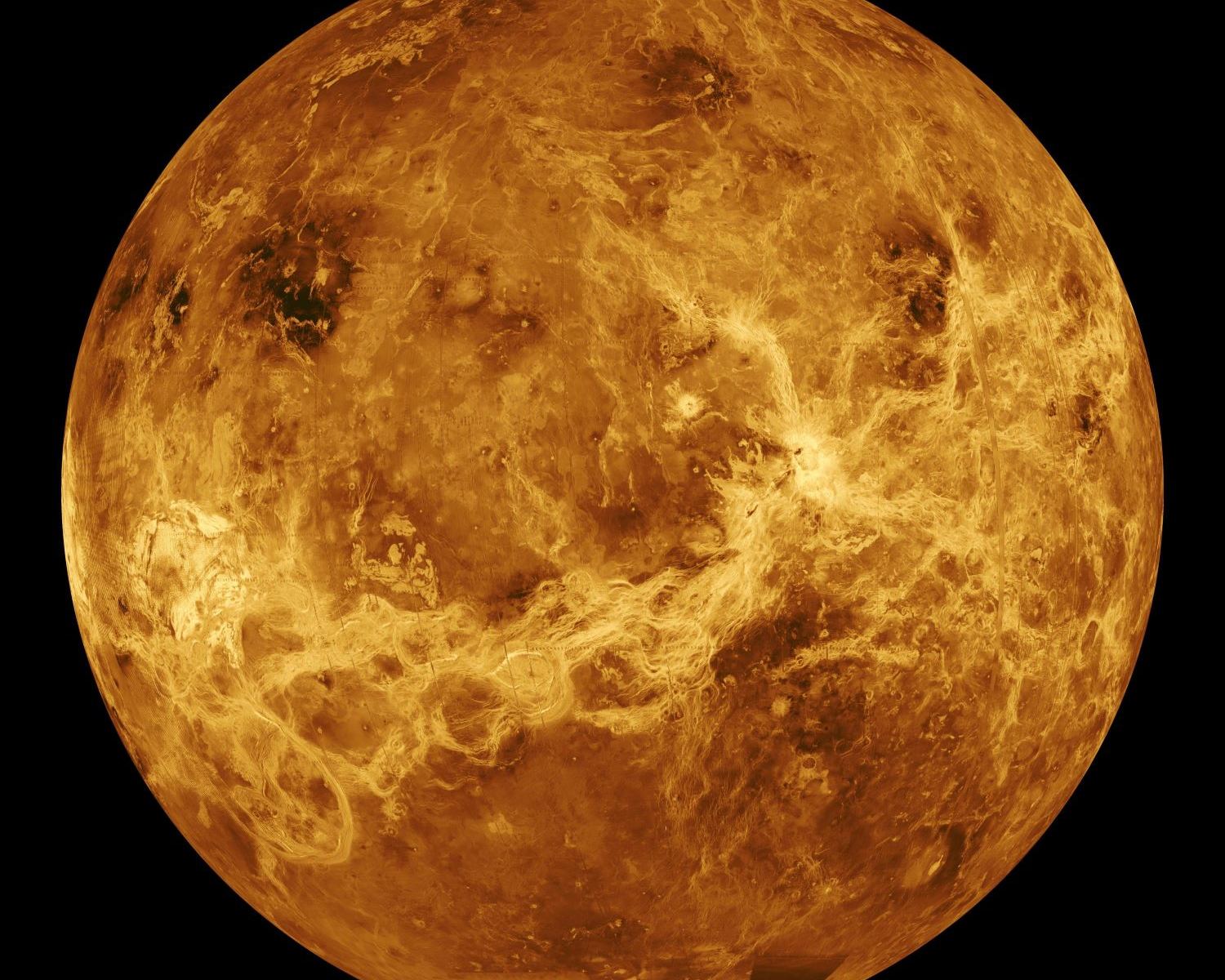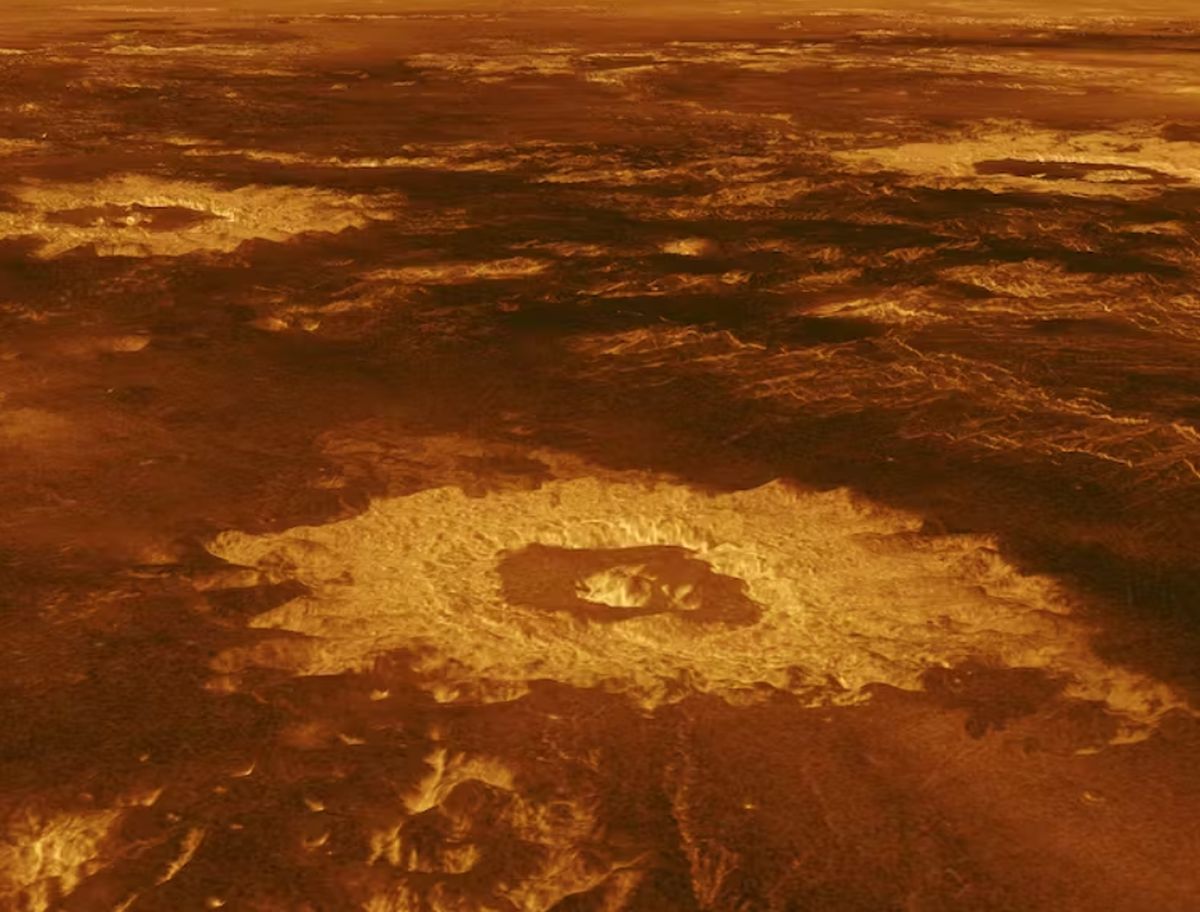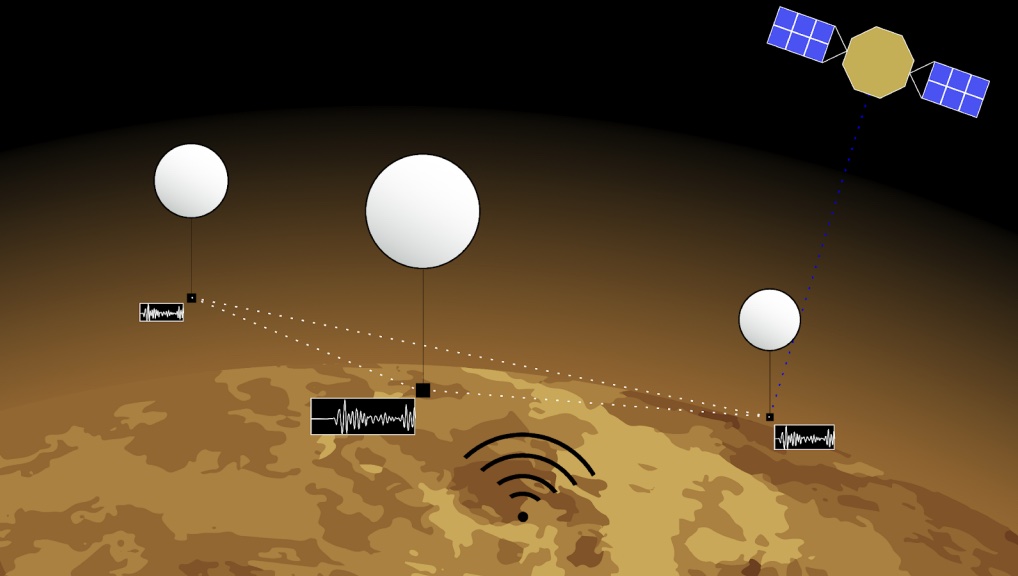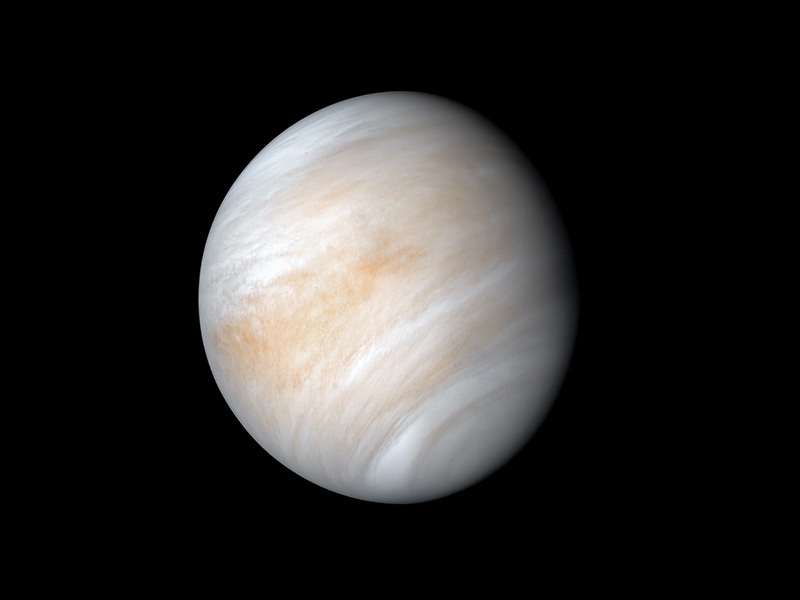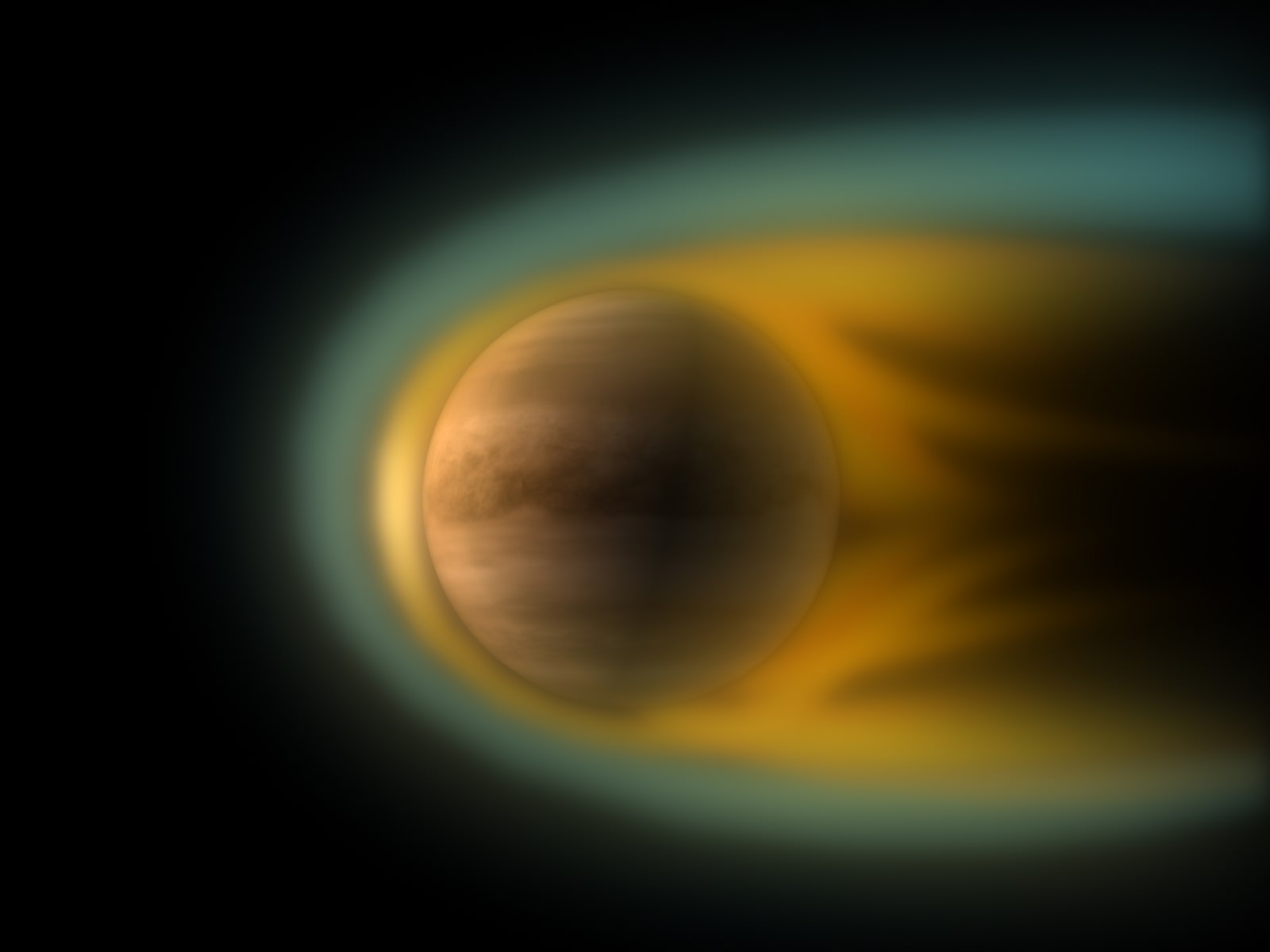Interest in the exploration of Venus has kicked up a notch lately, especially after a contested recent discovery of phosphine, a potential biosignature, in the planet’s atmosphere. Plenty of missions to Venus have been proposed, and NASA and ESA have recently funded several. However, they are mainly orbiters, trying to peer into the planet’s interior from above. But they are challenged by having to see through dozens of kilometers of an atmosphere made up of sulfuric acid.
That same atmosphere is challenging for ground missions. While some of the recently funded missions include a component on the ground, they are missing an opportunity that isn’t afforded on many other planets in the solar system – riding along in the atmosphere. Technologists have proposed everything from simple balloons to entire floating cities – we even heard of a plan to enclose the entirety of Venus in a shell and live on the surface of that shell. But for now, balloons seem to be a more straightforward answer. That is the mission modality proposed by a team of researchers at NASA’s Jet Propulsion Laboratory to discover more about something that was only confirmed to exist on Venus in the last week – volcanism.
Continue reading “The Best Way to Learn About Venus Could Be With a Fleet of Balloons”

